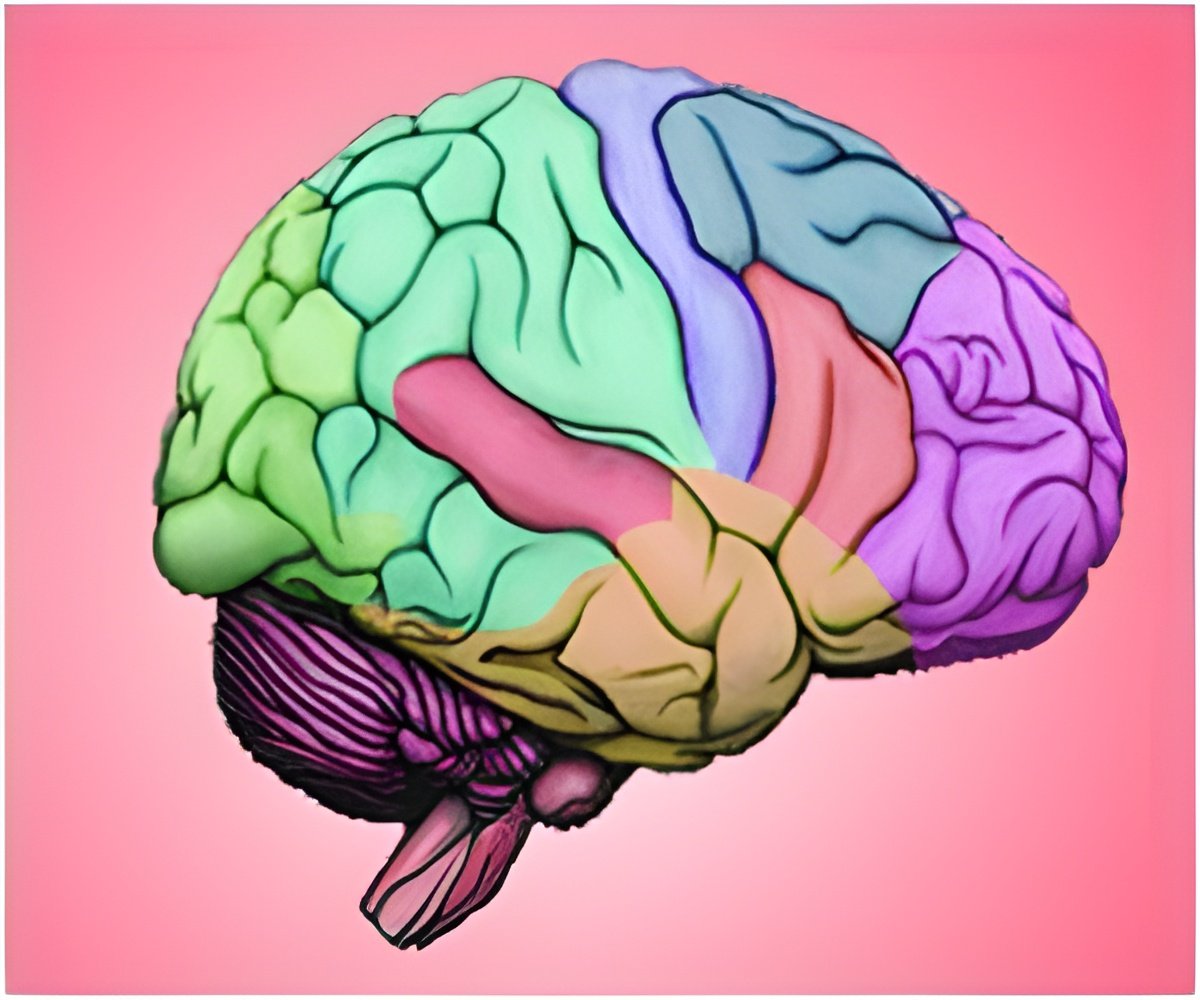Researchers have identified the genomic variant that ups risk of certain types of brain tumors.

Based on their findings, the scientists already are starting to think about clinical tests that could tell patients with abnormal brain scans what kind of tumor they have, by simply testing their blood.
Researchers still need to understand how the specific DNA change actually causes the tumors, said Wrensch, since "this is among the first examples that a change in a non-coding portion of DNA can be so strongly associated with cancer risk."
The study began a few years ago when researchers started hunting for regions of the genome that might be associated with glioma development. They observed that a portion of chromosome 8 contained single nucleotide polymorphisms, or "SNPs," that were associated with brain tumors. Then, Wrensch, Wiencke, Jenkins and their colleagues used a combination of sophisticated genomic techniques to search for the SNP that was causing brain tumors to form.
They honed in on seven candidates, including the SNP called rs55705857, which confers a relative risk for glioma approaching that seen with changes in BRCA1 for breast cancer.
Interestingly, this region was only found through the most laborious method used by the researchers - next generation sequencing - suggesting that experimental and mathematical shortcuts may miss such rare, highly potent gene variants, the authors say.
Advertisement
"Understanding how this variant causes people to get these less aggressive, but still lethal, tumors will be extremely important," Wrensch said. "It may eventually lead to methods to reverse the course of these tumors or possibly to prevent their formation."
Advertisement
"The altered microRNA might target tumor suppressor genes, it might activate a cancer gene, it might be involved in regulating the stability of the genome, or there might be something else going on altogether," Jenkins said. "One of the big challenges of the current genomic era is to assign functions to all these new gene variants."
Study funding at UCSF, was supported by the National Institutes of Health, the National Brain Tumor Foundation, the UCSF Lewis Chair in Brain Tumor Research, the Robert Magnin Newman Endowment in Neuro-oncology, and by donations from families and friends of John Berardi, Helen Glaser, Elvera Olsen, Raymond E. Cooper and William Martinusen.
Study funding at Mayo Clinic was supported by the National Institutes of Health, National Institute of Neurological Disorders and Stroke , the Bernie and Edith Waterman Foundation and the Ting Tsung and Wei Fong Chao Family Foundation. Jenkins is the Ting Tsung and Wei Fong Chao Professor of Individualized Medicine Research at Mayo Clinic.
Source-Newswise















